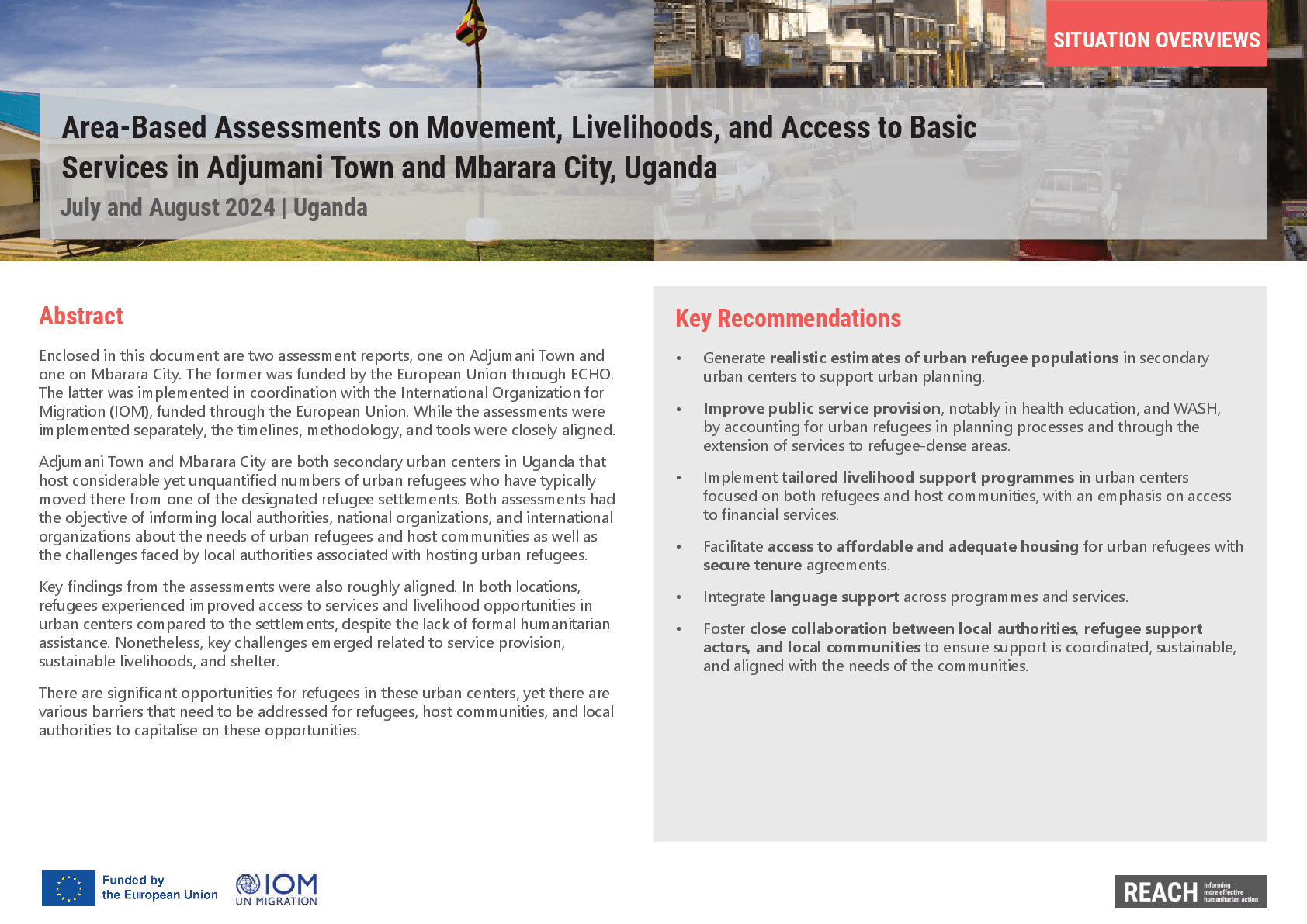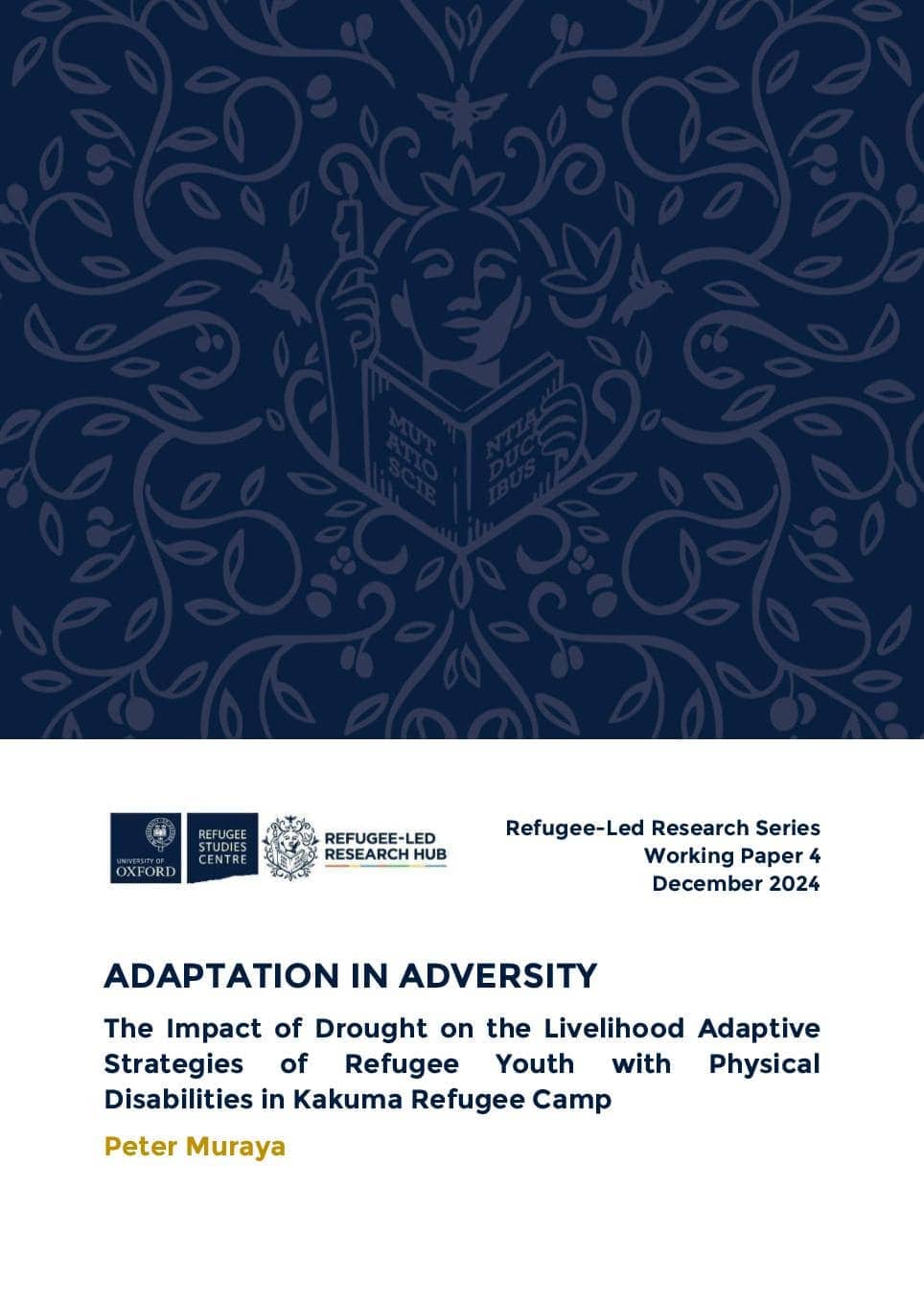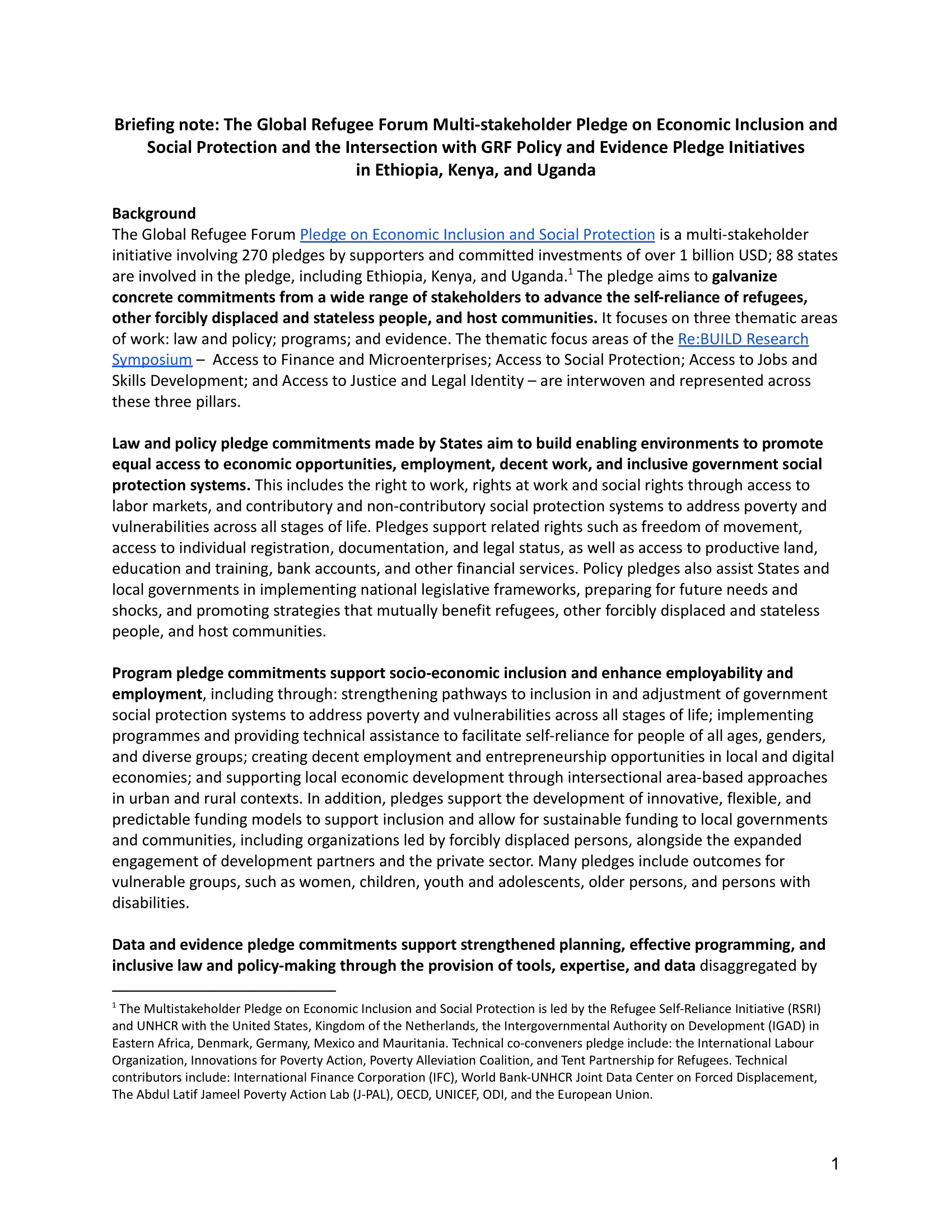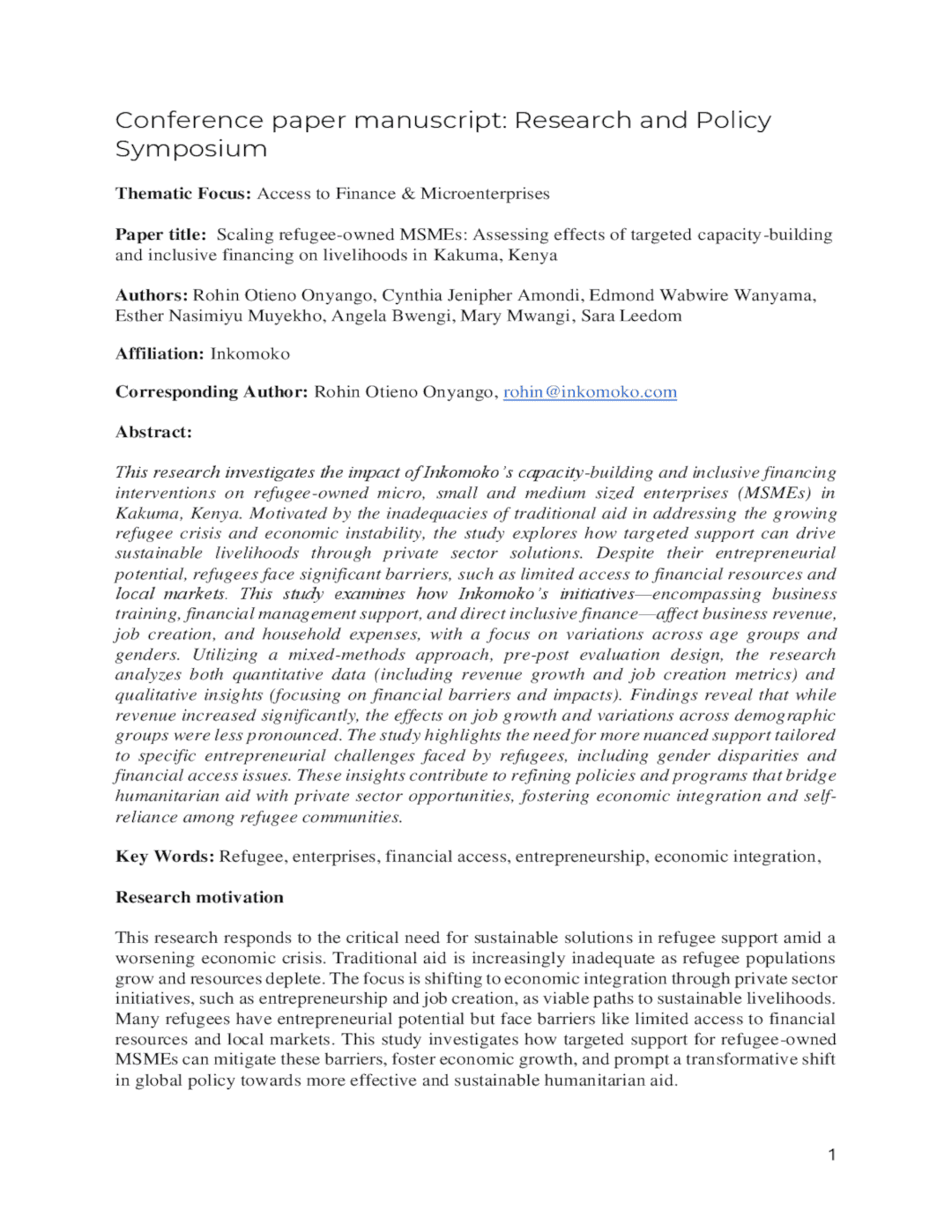REACH_Area-Based Assessments on Movement Livelihoods and Access to Basic Services in Adjumani Town and Mbarara City Uganda
REACH_Area-Based Assessments on Movement Livelihoods and Access to Basic Services in Adjumani Town and Mbarara City Uganda
Enclosed in this document are two assessment reports, one on Adjumani Town and one on Mbarara City. The former was funded by the European Union through ECHO. The latter was implemented in coordination with the International Organization for Migration (IOM), funded through the European Union. While the assessments were
implemented separately, the timelines, methodology, and tools were closely aligned.
Adjumani Town and Mbarara City are both secondary urban centers in Uganda that host considerable yet unquantified numbers of urban refugees who have typically moved there from one of the designated refugee settlements. Both assessments had the objective of informing local authorities, national organizations, an international organizations about the needs of urban refugees and host communities as well as the challenges faced by local authorities associated with hosting urban refugees.
Key findings from the assessments were also roughly aligned. In both locations, refugees experienced improved access to services and livelihood opportunities in urban centers compared to the settlements, despite the lack of formal humanitarian assistance. Nonetheless, key challenges emerged related to service provision, sustainable livelihoods, and shelter.
There are significant opportunities for refugees in these urban centers, yet there are various barriers that need to be addressed for refugees, host communities, and local authorities to capitalise on these opportunities.



